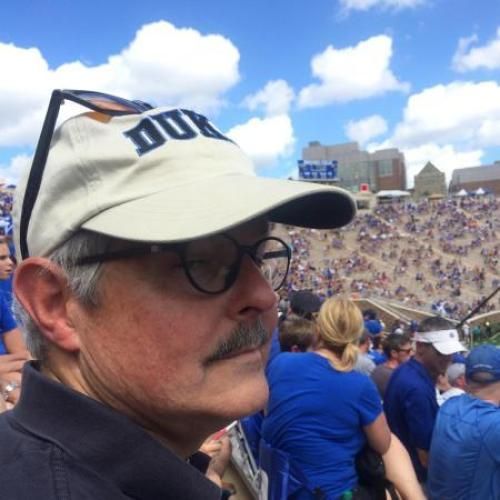Antigen drives very low affinity B cells to become plasmacytes and enter germinal centers.
In the first week of the primary immune response to the (4-hydroxy-3-nitrophenyl)acetyl (NP) hapten, plasmacytic foci and germinal centers (GCs) in C57BL/6 mice are comprised of polyclonal populations of B lymphocytes bearing the lambda1 L-chain (lambda1+). The Ig H-chains of these early populations of B cells are encoded by a variety of VH and D exons undiversified by hypermutation while later, oligoclonal populations are dominated by mutated rearrangements of the VH186.2 and DFL16.1 gene segments. To assess directly Ab affinities within these defined splenic microenvironments, representative VDJ rearrangements were recovered from B cells participating in the early immune response to NP, inserted into Ig H-chain expression cassettes, and transfected into J558L (H-; lambda1+) myeloma cells. These transfectoma Abs expressed a remarkably wide range of measured affinities (Ka = 5 x 10(4)-1.3 x 10(6) M(-1)) for NP. VDJs recovered from both foci and early GCs generated comparable affinities, suggesting that initial differentiation into these compartments occurs stochastically. We conclude that Ag normally activates B cells bearing an unexpectedly wide spectrum of Ab affinities and that this initial, promiscuous clonal activation is followed by affinity-driven competition to determine survival and clonal expansion within GCs and entry into the memory and bone marrow plasmacyte compartments.
Duke Scholars
Published In
ISSN
Publication Date
Volume
Issue
Start / End Page
Location
Related Subject Headings
- gamma-Globulins
- Spleen
- Point Mutation
- Plasma Cells
- Phenylacetates
- Nitrophenols
- Mice, Inbred C57BL
- Mice
- Immunology
- Immunoglobulin M
Citation
Published In
ISSN
Publication Date
Volume
Issue
Start / End Page
Location
Related Subject Headings
- gamma-Globulins
- Spleen
- Point Mutation
- Plasma Cells
- Phenylacetates
- Nitrophenols
- Mice, Inbred C57BL
- Mice
- Immunology
- Immunoglobulin M

